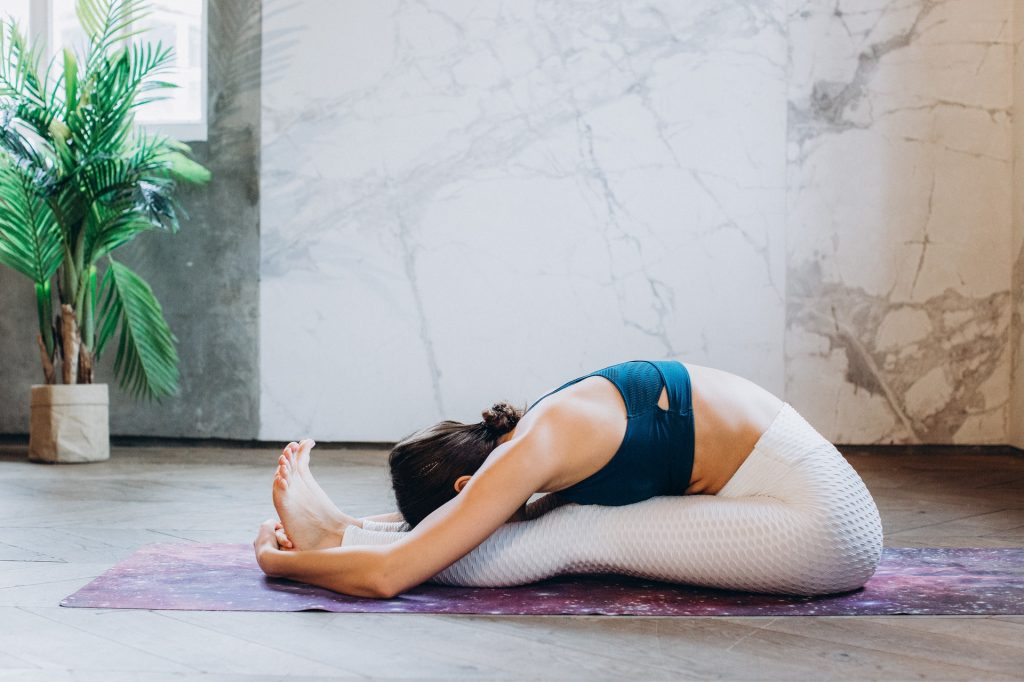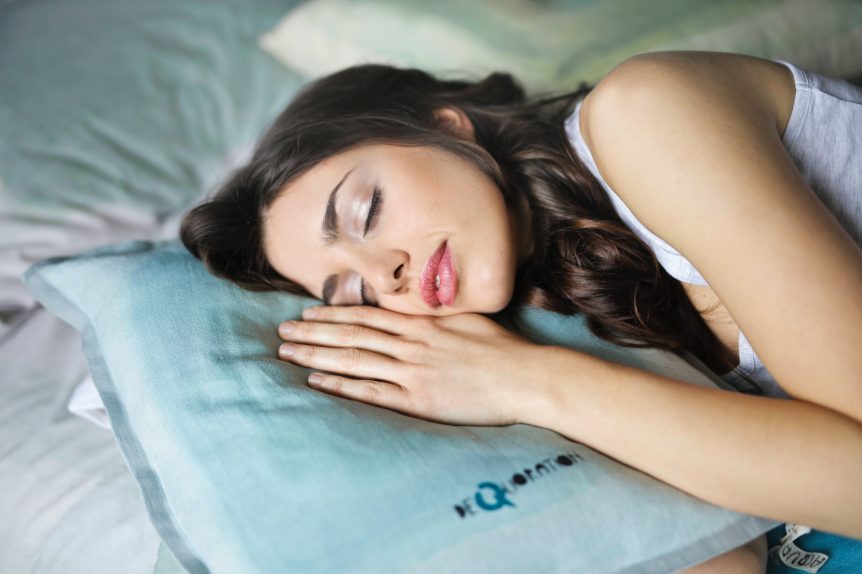Sleeping is part of everyone’s nighttime routine, but it comes more easily to some than others. Poor sleeping habits can have a variety of negative side-effects from lack of concentration to increased blood pressure.
Habits to Adopt
A sleepless night is something that we’ve all experienced at one point or another, and lying awake for hours is never fun. Nothing’s more frustrating, but changing some of your current habits might allow you to avoid those sleepless nights.
Invest in a Good Mattress and Pillow
You and your bed have an intimate relationship, one that requires a lot of thought and care. A good mattress can be the key to improving your sleep. Consider what your needs are and get bedding that will fulfill them.
Having a comfortable sleeping environment is vital if you want to have a good night’s rest. It would be best if you had your bedroom in an area of your house that’s noise-free and doesn’t get light from the porch.
Do Some Light Reading
Reading is an excellent way to help yourself relax. It can help reduce stress levels and is one of the best forms of escapism. Just like watching your favorite show, it allows you to relax and get lost in the story. It’ll let your brain get rid of the excess energy you might otherwise use for thinking about work.
Try your best not to read in ebook format. It’s best to stay away from electronics when in bed to help your mind shut off. If it’s unavoidable, make sure to turn on night mode on your device and switch it to silence to avoid unexpected loud noises.
Have Less Caffeine Later in the Day
Caffeine is the enemy of sleep and can easily lead to a string of restless nights. Confine your intake to the daytime. There are also a bunch of alternatives to caffeine that can give you your daily boost.
If you can’t stay away from your coffee or tea, switch to decaf later in the day. This will allow your body to wind down more naturally and for sleep to come more quickly.
Regulate Daytime Naps
Napping during the day can disrupt your internal clock and keep you from sleeping well at night. Don’t let yourself have that long afternoon snooze, even if it seems enticing.
Long naps are never a good idea, but some studies have shown that short siestas in the afternoon can positively affect your mental health and overall alertness. Siestas are common in hot countries and can help to reduce stress on hot days, and if implemented correctly, they may help improve your quality of sleep in the long run. If you find that you need a nap but you struggle to switch off in the middle of the day, try a little mellow cbd to promote calm and reduce anxiety but some people ask is hemp oil the same as cbd oil not quite they are very different products. This should improve the quality of your siesta, helping to avoid that groggy feeling associated with restless napping.
Create the Ideal Bedroom Temperature
The temperature of a room can drastically affect the quality of your sleep. Whether it’s too hot or too cold, extremes can keep you from having a good night’s sleep. Studies have shown that a room temperature of around 65-72 degrees is optimal for a night of shut-eye.
Don’t Eat Late at Night
Avoid eating large amounts of food after dinner time. Being uncomfortably full can keep you up, but so can a rumbling tummy. A small, healthy snack like nuts or fruit can help combat those hunger pangs while also not filling you up too much.
Adopting healthy eating habits can contribute to a more restful night. Balancing your diet with the correct amounts of each food group will also boost your overall health.
Do Some Exercise
Getting your daily exercise also helps your body release the built-up tension. If you still struggle to fall asleep, some nighttime exercises might help you wind down. Don’t overexert yourself, because this will also lead to sleeplessness.
Strenuous exercise right before bed will have the opposite effect and make you more alert. After this, sleep will be nearly impossible and only lead to more frustration.

No Liquid Before Bed
A full bladder will have you running to the bathroom more times than you’d like. Try to stop drinking fluids 1-2 hours before going to bed and make sure to empty yourself before you go to sleep.
Staying hydrated is a vital part of a healthy lifestyle, and making sure you drink enough during the day is essential. Keeping your fluids up during the day will keep you from over drinking at night.
The Bottom Line
If you want to improve your daytime performance, start by improving your nighttime rituals. Fixing some of your habits throughout the day will help you to sleep better at night. These changes might be small, but the payoff is well worth it. With long workdays or athletic training, anti-inflammatory supplements like Metagenics SPM with fish oil can reduce muscle tension and allow for better nights of sleep.
- Best learning toys for children as they age - July 19, 2023
- Luxury yacht charter vs. standard yacht charter: Which is right for you? - February 7, 2023
- Comfortable Shoes for Being on Your Feet All Day - January 10, 2023

Like It? Share It!